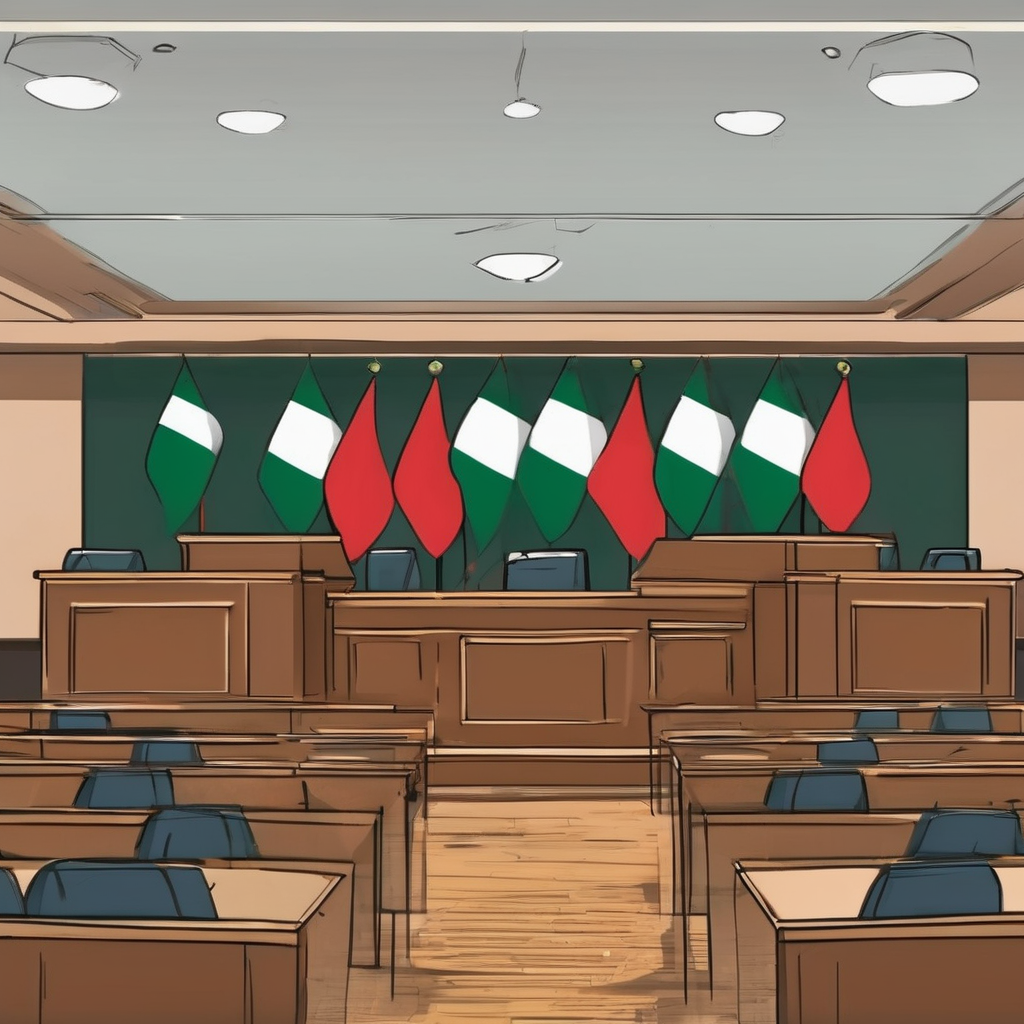A Bangladeshi court’s ruling to sentence former Prime Minister Sheikh Hasina to death has exacerbated existing tensions in a nation struggling with the aftermath of her lengthy tenure and the violent crackdown on student-led protests last year. The ruling has spurred demands from the victims’ families for her immediate execution, while the government has sought her extradition from India, where she fled last year.
Supporters of Hasina and her Awami League party have vowed to initiate widespread unrest if the party remains barred from participating in the upcoming elections scheduled for February. This situation leaves Bangladesh grappling with both political turmoil and the specter of potential violence as citizens await a resolution to one of the nation’s darkest periods.
The court’s decision elicited cheers from families seeking justice for the protests that led to the deaths of at least 1,400 people, while simultaneously straining relations with India as multiple attempts at extradition have failed. Hasina’s son, Sajeeb Wazed, warned that significant unrest, including the blockade of the national elections by Awami League supporters, will ensue if the ban is not lifted. He cautioned that such actions could disrupt Bangladesh’s economy, which is heavily reliant on a $4.7 billion International Monetary Fund bailout and its garment export sector.
In the wake of the verdict, families of protest victims expressed their desire for retribution. One father, Abdur Rab, articulated the prevailing sentiment: “True justice will come only when the hangman’s rope tightens around her neck,” displaying a banner that read “Killer Hasina.” Washed away are the memories of economic growth during Hasina’s rule, as many now remember the human rights abuses and authoritarian measures taken during her reign.
Hasina, who has been in power for almost 20 years, contends that the ruling is politically motivated, labeling it as the product of a “rigged tribunal” under an unelected government. While the upcoming elections may signal a chance for change, they are expected to see the resurgence of the Bangladesh Nationalist Party, her party’s longtime rival.
As political unrest simmers, the interim government, led by Nobel laureate Muhammad Yunus, faces mounting pressure to expedite Hasina’s extradition, a demand now complicated by India’s cautious stance. New Delhi has reiterated its commitment to promoting peace and stability in Bangladesh but has stressed the complexities involved in the extradition process due to political implications.
Amid this turbulent landscape, Bangladesh has seen an uptick in political violence, with recent bombings and protests reflecting deep societal divisions. Police have responded with detentions of Awami League activists amid accusations of inciting unrest, highlighting the escalating confrontations as the elections approach.
Yunus’s interim government has committed to ensuring a peaceful environment ahead of the elections, emphasizing the need for stability and justice for the victims of past violence. The priority now appears to be focused on restoring democratic governance, while addressing the grievances of various factions, including the public sector workers who have also recently protested against government policies.
Despite the chaotic circumstances, there remains hope that the active engagement of citizen movements and political reforms can pave the way for a more accountable governance structure in Bangladesh. The potential for renewed democracy is present, contingent on navigating the country’s complex political fabric and prioritizing human rights and social justice.
